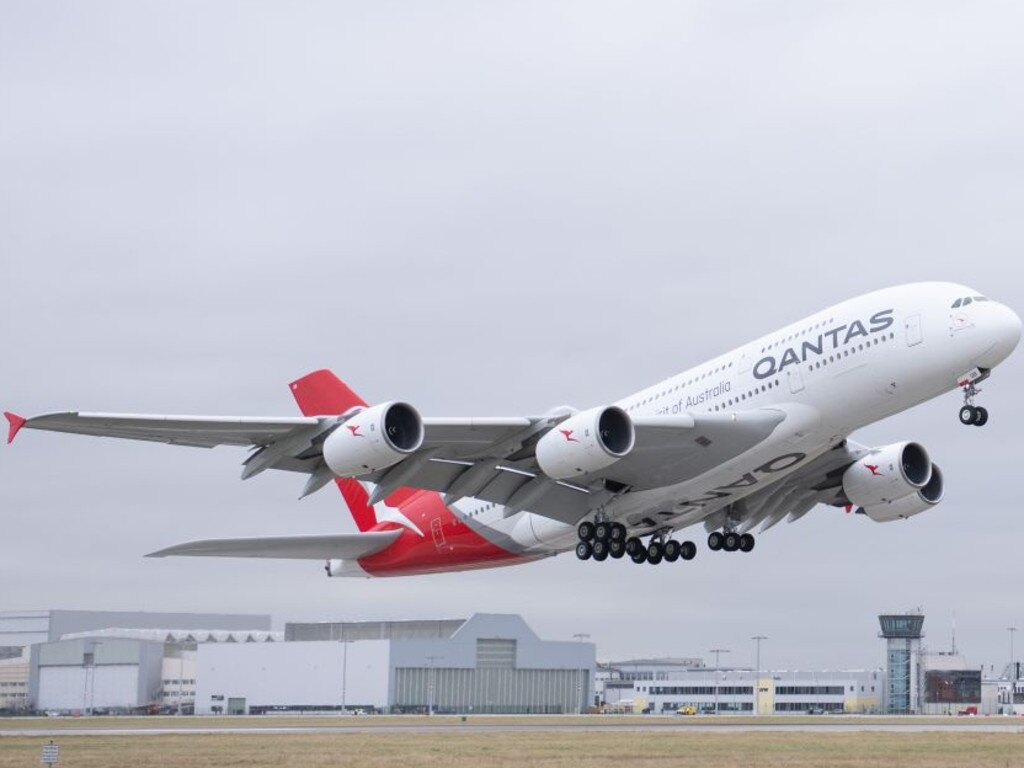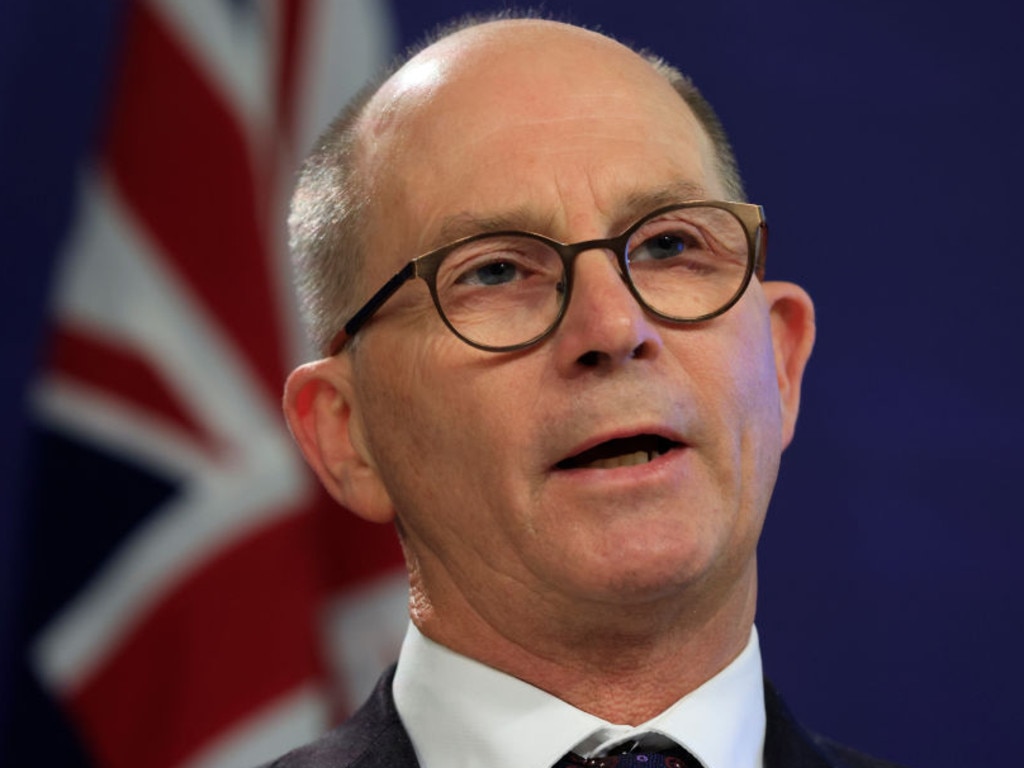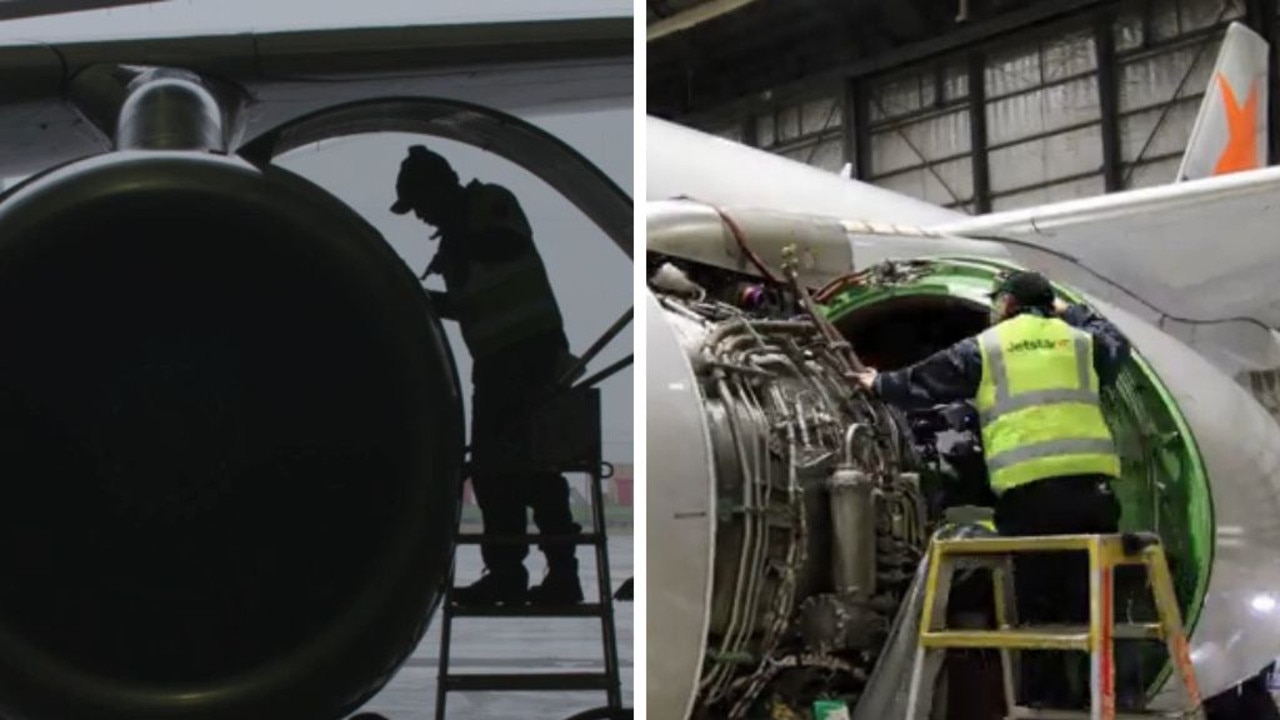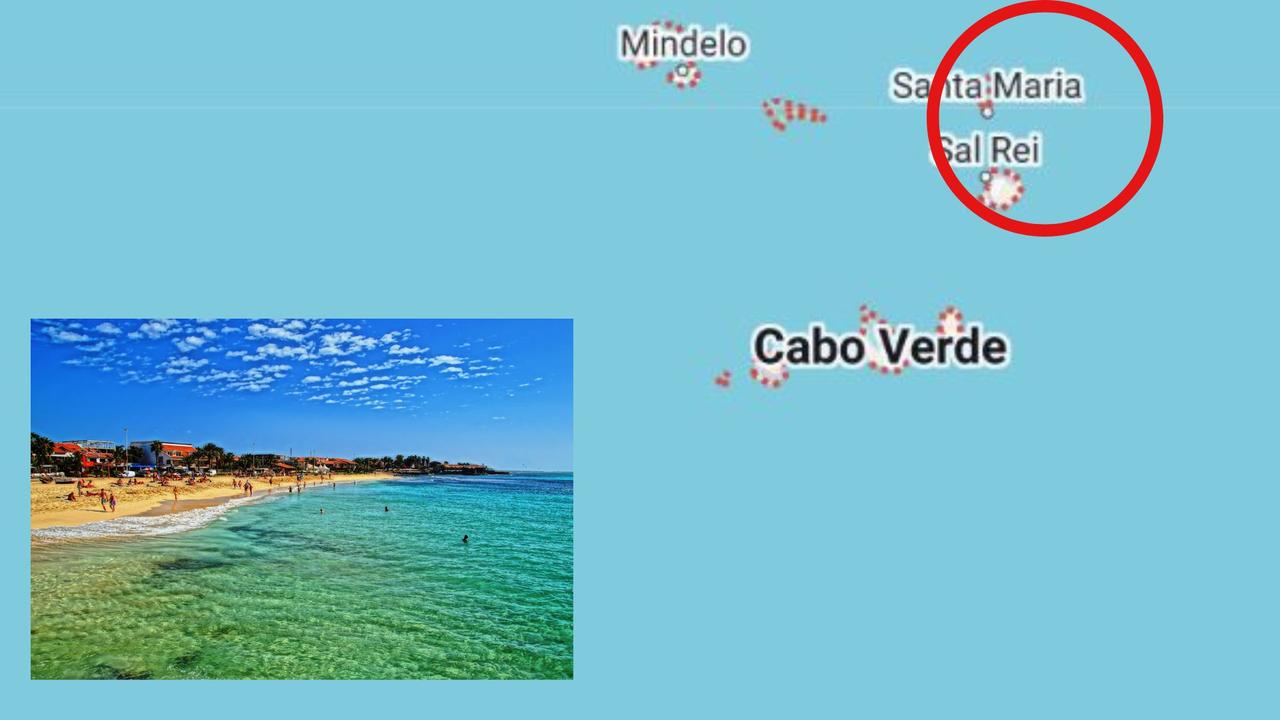Australian government ditches South African travel ban after Omicron fears
Australia has ditched its travel ban for arrivals from hotspot countries despite the outbreak of the Omicron variant.
The Australian government has eased the ban on arrivals from eight Southern African nations, as restrictions in NSW and Queensland begin to ease going into the holiday period.
Today Australia also reopened to vaccinated travellers from Japan and Republic of Korea and opening to international skilled and student cohorts, humanitarian, working holiday makers and provisional family visa holders.
The government imposed restrictions on travel from hotspot nations upon detection of the Omicron variant in the region last month.
In a statement, Chief Medical Officer Paul Kelly today stated the existing border rules were no longer proportionate or effective due to the global spread of the new variant.
“At this stage there are no direct flights from Southern Africa to Australia and only Australian citizens, permanent residents, immediate family members, parents and eligible visa holders are able to enter Australia,” he said.
According to the WHO, the latest coronavirus variant was first detected in southern Africa last month and has now been reported in 77 countries. Only one death from the Omicron strain has been recorded worldwide.
Countries where the travel ban has been ditched include South Africa, Lesotho, Zimbabwe, Botswana, Namibia, Mozambique, Malawi and Eswatini.
“In line with other countries including the United Kingdom, the border measures under the Biosecurity Act 2015 restricting travellers who have been in the 8 Southern African countries from entering Australia has now ceased,” Prof Kelly confirmed.
“Given the global spread of Omicron, international border bans are no longer a proportionate or effective means to contain the spread of Omicron.
“At this stage there are no direct flights from Southern Africa to Australia and only Australian citizens, permanent residents, immediate family members, parents and eligible visa holders are able to enter Australia.”
As a landmark step in the safe reopening of Australia’s borders, we’re thrilled to be able to welcome back international students, including from Saudi Arabia, Bahrain, Oman and Yemen to resume and commence studies in Australia. Full statement: https://t.co/7fpW0GOa6Vpic.twitter.com/Ybg9YdcoX2
— Mark Donovan (@AusAmbKSA) December 15, 2021
All arrivals to Australia require a negative COVID-19 Polymerase Chain Reaction (PCR) test (nose and throat) within three days of travel and by law must complete Australian traveller declaration forms declaring their vaccination status and confirming that they are aware of state and territory public health requirements.
The sudden emergence of yet another strain has prompted an increased push for Australia‘s vaccine booster program.
The nation has now changed its initial six month plan, allowing people to get a booster five months after their second primary dose.
Australia’s current Omicron case tally stands at 109.
“Early data indicates that Omicron is more transmissible, however research is underway to understand if this is due to the variant itself or other factors,” Prof Kelly said.
“The severity associated with Omicron is still unknown, but early reports indicate mild disease, at least in the younger population. We know that the current vaccines remain effective against severe disease and death, and that a number of treatments for severe Covid-19 remain effective.
“Australia continues to work with our international partners on an ongoing basis to assess the evidence. We are responding quickly and decisively to changing information to continue to protect all Australians.
“Australia is well placed to deal with Covid-19 and its emerging challenges like the Omicron variant.
“Our high COVID-19 vaccination rates and boosters have put us in a very good place. We are one of the first countries to roll out population-wide boosters. We are well prepared. “Australia’s health system and processes built to manage this virus can be relied on to keep us safe.”

Pharmacy Guild Of Australia’s vice-president, Antony Tassone said Australia was experiencing a slow start to its booster rollout.
“It is slower than what we‘ve expected with the overall number of pharmacies actually participatingm” he told ABC News on Wednesday night.
“So there was 3,400 pharmacies that participated in the COVID-19 vaccine rollout for the primary doses. And so far, about 1,900 pharmacies nationwide have opted to receive Pfizer stock when that booster was approved in November. So that’s just over half of all pharmacies that were actually in the rollout to start with.”
Australian Medical Association President Dr Omar Khorshid said the medical body was “extremely concerned” about the lack of support for the country’s booster program.
“GPs and pharmacists are not being properly supported to implement this critical booster program,” he said.

“While we recognise that the state and territory vaccination hubs have taken nurses out of hospitals, aged care, and other health settings, it is critical that state and territory governments continue to run these clinics to ensure adequate access to vaccines for Australians needing their booster shot.
“By the end of this month close to four million people will be eligible for the booster, however, in the last week Australia has only been able to administer just over 210,000 booster doses.”
Every Australian home will receive a letter from Prime Minister Scott Morrison as the national booster program gets underway.
More than 151 million extra doses of Pfizer and AstraZeneca have been ordered by the government, with more than 1.5 million people due for a booster jab by Christmas Day.




